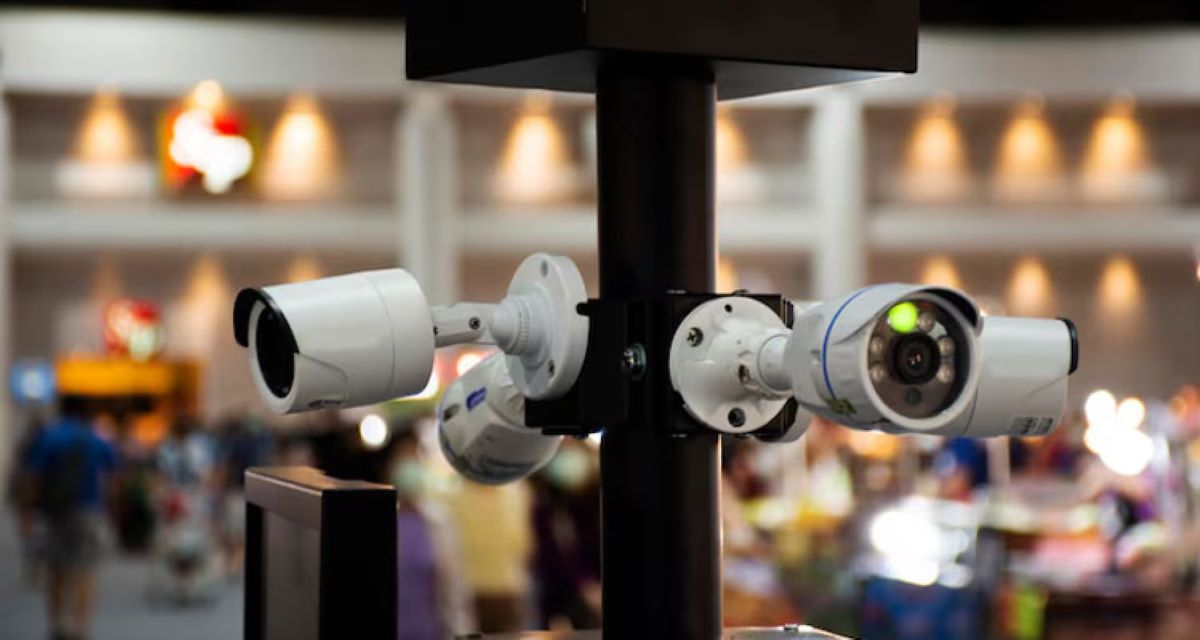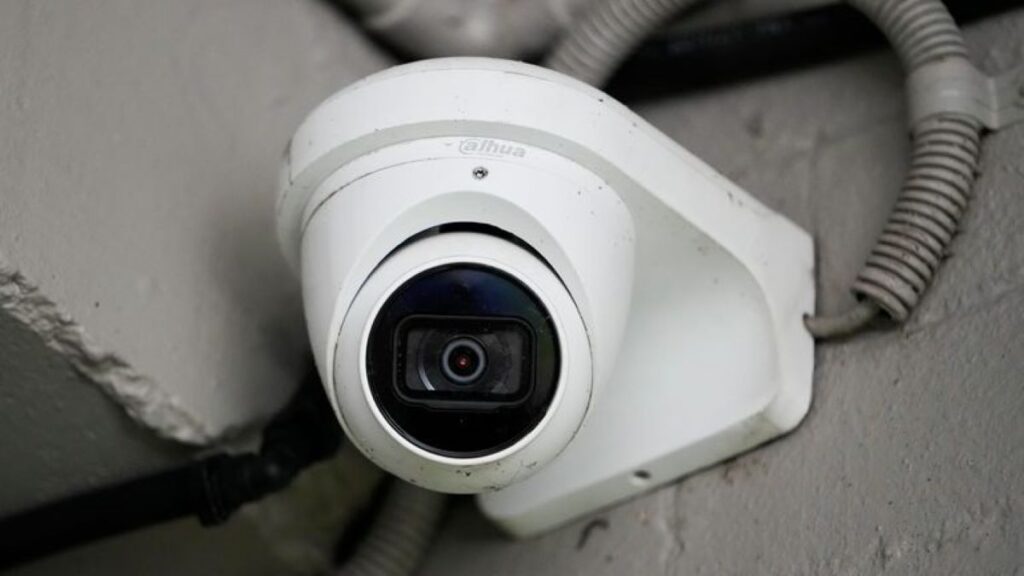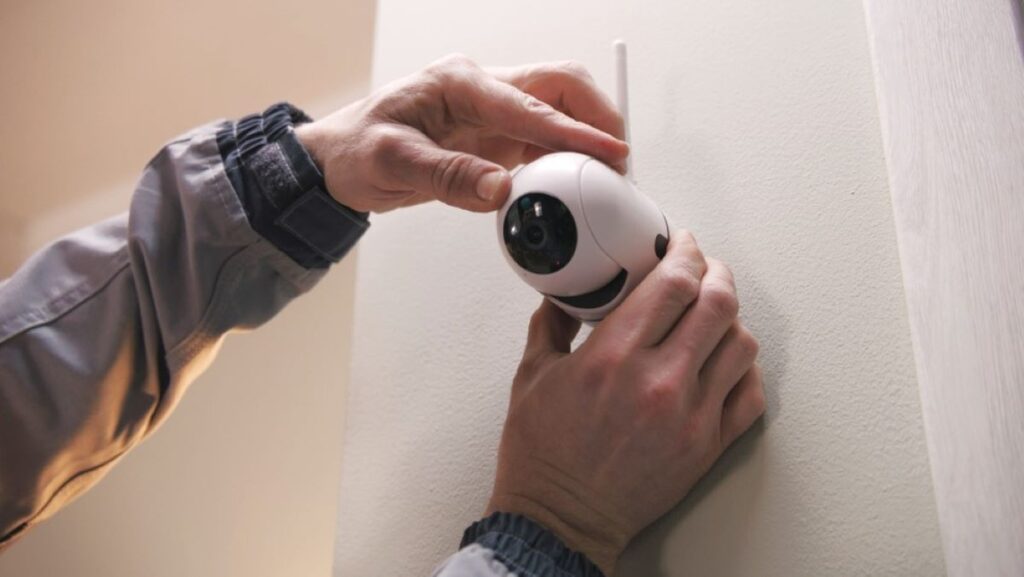CCTV Camera Installation in Sydney: What You Need to Know

In an increasingly digital world, security has become a paramount concern for both residential and commercial properties. One effective way to enhance security is through the installation of CCTV cameras. In Sydney, the demand for CCTV camera systems has surged, driven by a need for improved safety and surveillance. This article will delve into the essentials of CCTV camera installation in Sydney, covering everything from types of cameras to legal considerations and installation tips.
Understanding CCTV Systems
CCTV, or Closed-Circuit Television, refers to a system of cameras that transmit video footage to a specific set of monitors. These systems are widely utilised for surveillance purposes, allowing property owners to monitor their premises in real-time or review recorded footage later.
Types of CCTV Cameras
There are several types of CCTV cameras available on the market, each designed for specific applications. The most common types include:
- Dome Cameras: These are typically used indoors and are designed to be discreet. Their dome shape makes it difficult for onlookers to determine where the camera is pointing.
- Bullet Cameras: Known for their long-range capabilities, bullet cameras are ideal for outdoor use and can be mounted on walls or ceilings.
- PTZ Cameras: Pan-Tilt-Zoom cameras offer flexibility, allowing users to control the camera’s movement and zoom in on specific areas.
Choosing the right type of camera depends on the specific needs of the property and the areas that require monitoring. For instance, in a retail environment, a combination of dome and bullet cameras may be employed to cover both the interior and exterior, ensuring comprehensive surveillance. Additionally, some cameras are equipped with advanced features such as night vision, which allows for clear footage in low-light conditions, making them suitable for 24-hour monitoring.
Benefits of CCTV Installation
CCTV camera installation comes with numerous benefits. Firstly, they act as a deterrent to potential criminals. The mere presence of a camera can discourage unlawful activities, as individuals are less likely to engage in criminal behaviour when they know they are being watched.
Secondly, CCTV systems provide valuable evidence in the event of a crime. Recorded footage can be crucial for investigations and can assist law enforcement in identifying and apprehending suspects. In some cases, footage from CCTV has led to the swift resolution of cases, highlighting the importance of having a reliable surveillance system in place.
Furthermore, modern CCTV systems can be integrated with smart technology, allowing property owners to monitor their premises remotely via smartphones or tablets, enhancing convenience and peace of mind. This capability means that users can receive real-time alerts and notifications, making it easier to respond to incidents as they occur. Moreover, many systems now offer cloud storage options, ensuring that footage is securely stored and easily accessible, even if the physical device is tampered with or damaged.
Legal Considerations for CCTV Installation
Before installing CCTV cameras in Sydney, it is essential to understand the legal framework governing their use. The Privacy Act 1988 and various state laws regulate the use of surveillance devices, including CCTV systems.
Privacy Regulations
Under Australian law, individuals are entitled to a reasonable expectation of privacy. Therefore, CCTV cameras should not be installed in areas where individuals may expect privacy, such as bathrooms or changing rooms. Additionally, signage indicating the presence of CCTV cameras is often required to inform individuals that they are being monitored.
It is advisable to consult with legal professionals or local authorities to ensure compliance with all relevant laws and regulations before proceeding with installation. Furthermore, it is crucial to consider the placement of cameras; they should be positioned in a way that maximises security while minimising intrusion into private spaces. For instance, cameras aimed at public areas such as entrances or car parks can enhance safety without infringing on personal privacy. The balance between surveillance for security purposes and respect for individual privacy rights is a delicate one that must be navigated carefully.
Notification and Consent
In many cases, property owners are required to notify individuals that they are being recorded. This can be done through clear signage or by informing employees and visitors. Obtaining consent may also be necessary, particularly in workplaces.
Failure to adhere to these regulations can result in legal repercussions, including fines and penalties, making it crucial to stay informed about the legal landscape surrounding CCTV use. Additionally, organisations should consider implementing a comprehensive CCTV policy that outlines the purpose of surveillance, the areas being monitored, and the duration for which footage will be retained. This not only helps in maintaining transparency with employees and visitors but also serves as a safeguard against potential legal challenges. Regular training for staff on the legal obligations and ethical considerations surrounding CCTV usage can further enhance compliance and foster a culture of respect for privacy within the organisation.

Choosing the Right CCTV System
With numerous options available, selecting the right CCTV system can be overwhelming. However, several factors can guide this decision-making process.
Assessing Your Needs
Before purchasing a CCTV system, it is vital to assess the specific security needs of the property. Consider the following questions:
- What areas need monitoring?
- What is the level of lighting in those areas?
- Is remote access a priority?
By answering these questions, property owners can narrow down their options and choose a system that best meets their requirements.
Quality and Features
When selecting a CCTV system, it is essential to consider the quality of the cameras. Look for high-definition cameras that provide clear images, even in low-light conditions. Additionally, features such as motion detection, night vision, and cloud storage can enhance the functionality of the system.
Investing in a reputable brand with good customer reviews can also ensure reliability and longevity.
Installation Process
Installing a CCTV system can be a complex task that requires careful planning and execution. While some property owners may choose to undertake the installation themselves, hiring a professional is often advisable to ensure optimal placement and functionality.
DIY Installation vs. Professional Service
For those with technical skills, DIY installation may seem appealing. However, professional installers bring expertise and experience that can save time and prevent potential issues. They can assess the property, recommend the best camera placements, and ensure that all wiring and connections are correctly set up.
Moreover, professionals often offer warranties and ongoing support, providing peace of mind for property owners.
Placement and Positioning
Effective camera placement is crucial for maximising the benefits of a CCTV system. Cameras should be positioned to cover key areas such as entrances, exits, and any blind spots. Additionally, it is important to consider the height and angle of the cameras to ensure they capture clear footage without obstruction.
Regular maintenance and periodic checks of the system are also essential to ensure that cameras remain functional and positioned correctly. Visit https://bayareacleanhomes.com/how-security-cameras-enhance-safety-for-residential-and-commercial-spaces/ to get how security cameras enhance safety for residential and commercial spaces.
Cost Considerations
The cost of installing a CCTV system can vary significantly based on several factors, including the type of cameras, the number of cameras required, and whether professional installation is chosen.
Budgeting for CCTV Installation
When budgeting for CCTV installation, it is important to consider both the initial costs and ongoing expenses. Initial costs may include the purchase of cameras, recording devices, and installation fees. Ongoing costs may involve maintenance, software updates, and potential subscription fees for cloud storage.
It is advisable to obtain quotes from multiple suppliers and installers to compare prices and ensure that the chosen system fits within the budget.
Long-term Savings
While the initial investment in a CCTV system may seem substantial, the long-term savings can be significant. By deterring crime and reducing the risk of theft or vandalism, CCTV systems can save property owners money in the long run. Additionally, having a reliable security system can potentially lower insurance premiums.

Conclusion
In conclusion, CCTV camera installation in Sydney is a valuable investment for enhancing security in both residential and commercial properties. By understanding the types of cameras, legal considerations, and installation processes, property owners can make informed decisions that best suit their needs.
Whether opting for a DIY approach or hiring professionals, ensuring proper placement and functionality is crucial for maximising the benefits of a CCTV system. With the right system in place, property owners can enjoy peace of mind, knowing their premises are under constant surveillance.
As security concerns continue to grow, the importance of CCTV systems will only increase. Investing in a reliable CCTV system today can pave the way for a safer tomorrow.

Leave a Reply